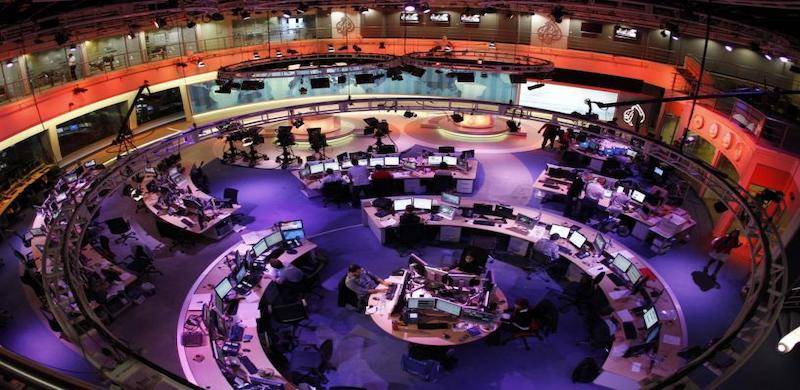
When I landed my first job as a sub-editor at an English daily, little did I know that misogyny was the norm in newsrooms of even seemingly progressive media outlets. I remember when this realisation first struck me. It was my first week at the office when a male colleague patronisingly explained to me how my decision to work the night shift was wrong because young girls have no business staying out past sunset.
There were quite a few women at my first workplace, but all of them worked the daytime shift. I had to choose the night shift because I was still studying at the time and had to attend classes in the morning. After 6 PM when the daytime shift ended, the newsroom would turn into a boys club. There were many colleagues who went out of the way to make sure I was comfortable by staying late in the newsroom where I was the only woman working during the night shift. However, some found it difficult to digest that a young woman who just turned 20, and did not come from an underprivileged background, would spend her evenings in a newsroom subbing stories and laying out news pages when she could well be hanging out with her friends or attending weddings and parties. The idea of an ambitious, career-oriented woman was lost on them.
Then there were times I would notice them waiting for me to take a break and go out so they could casually engage in their locker-room talk -- which I would often unintentionally overhear.
I was lucky enough to find a supportive network of colleagues at my workplaces, but I often came across individuals who were not used to dealing with assertive women. I remember a colleague once feeling resentful after the editor assigned a 'dangerous' story to me. It was a report about a group of land grabbers in Lahore and we had a scoop to work on. The male colleague of mine who was eying that story told me privately that the subject was too 'dangerous' for me and that I should back off for my own safety. I laughed his 'concern' off, making it clear that his warning was not going to deter me. Disappointed, he went to the editor and tried to convince him that I was not the right person for the job because women should not be speaking to people involved in crimes. The editor remained adamant and told the disgruntled reporter to mind his own business. But the episode proved to be the first of my many unpleasant encounters with the complexity that is male ego.
Another incident I remember vividly is when a male colleague and I were told to work on two somewhat similar stories based on a piece of breaking news and file them by the next morning. I managed to get the comments required for the story and filed it by the deadline, but my colleague sought more time, saying that he was not able to get all the comments on 'such short notice'. When the editor pointed out that I had succeeded in filing the story in the same 'short' timeframe, he jokingly said that the sources must have responded to my questions immediately after looking at my WhatsApp display picture. The editor initially laughed at the 'joke' (perhaps a knee jerk action), but later made the reporter apologise after explaining to him how his comment was inappropriate.
While I did get an apology, his remarks were an important insight into the misogynistic mindset prevalent in the industry (and elsewhere in the society): a woman who got something done must have used her appearance or womanhood (and not her determination or hard work) to her benefit. This is the same mindset that I continue to face years later when trolls tell me I am using the 'woman card' when I complain of threats of sexual violence on social media.
Another episode of inappropriate behaviour that I recall at another workplace is from a meeting with a senior editor in his cabin where we were discussing the new layout for the three pages I was handling at the time. For context, he was not my immediate supervisor, meaning that we were not on particularly friendly terms and I rarely interacted with him. At one point in the meeting, while explaining how different he had envisioned the new version of the pages to be, he said, "I want these pages to be as beautiful as your face." I initially ignored the comment and proceeded with my two cents on the new layout, but he repeated this line at least three times. At his unusual repetition of this absurd analogy, I got up and left the room after excusing myself.
Later that day, he came to the newsroom where I was seated and suggestively spoke to another colleague about the 'menace' of feminism and how women these days have started a whole 'movement' to hate on men. He made sure I would overhear him. Understanding that it was an attempt to provoke me, I remained unmoved and pretended not to have heard his absurdity.
There are several other instances of casual misogyny that I have experienced during the course of my career, all of which cannot be included in this piece due to space constraints. What this experience taught me is that there must be a realisation among those at the helm of affairs in the newsrooms that misogyny is real and cannot be left unaddressed. The policy that the organisation as a whole and department heads uphold makes all the difference. The need of the hour therefore is to push for gender sensitive approach at workplace and have more women in leadership positions in the newsrooms.
